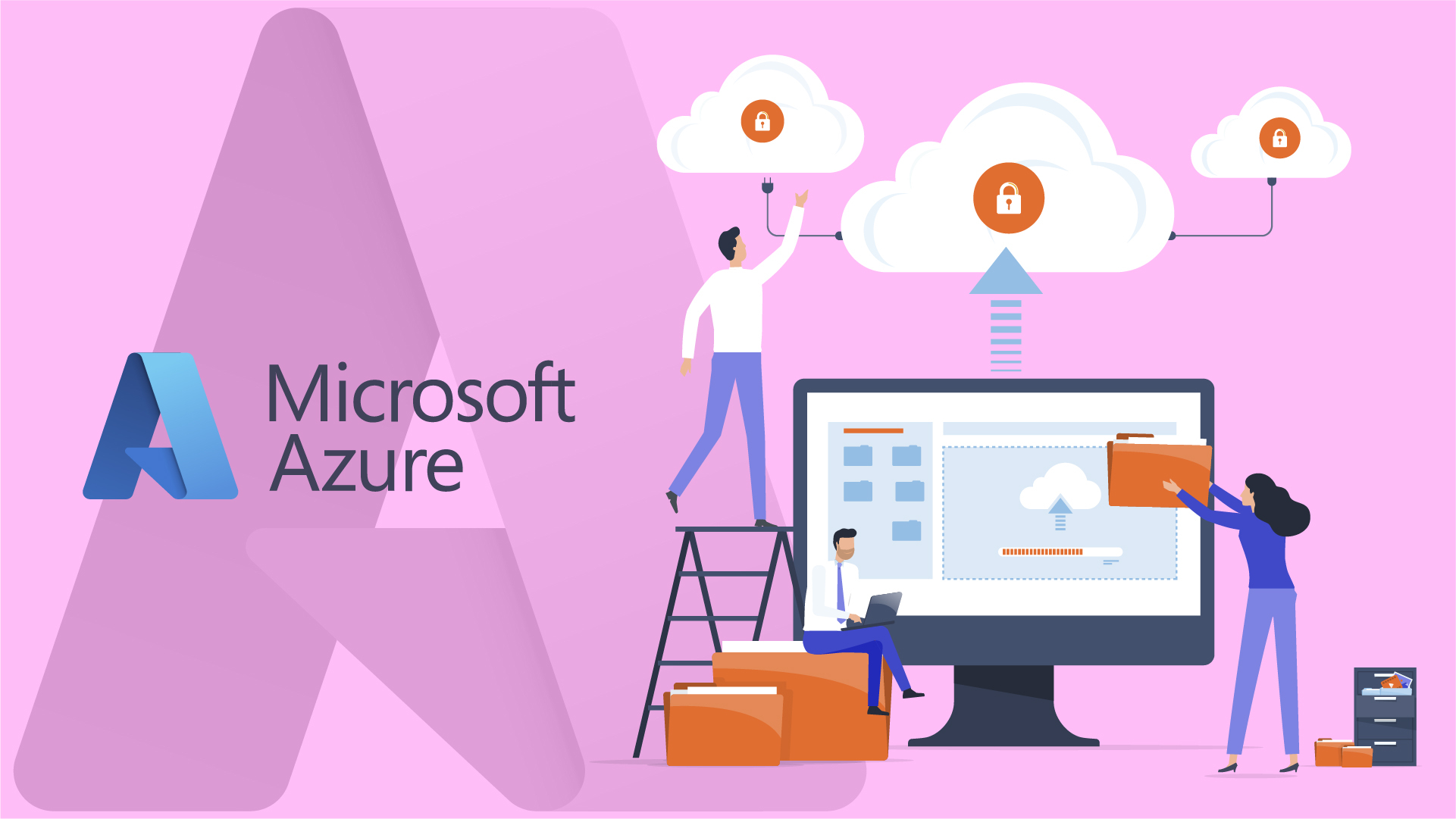11 Trainings

International Business Technical Competencies
Different Types of Security Frameworks
In Different Types of Security Frameworks, you will learn about security frameworks, their advantages, and how to choose one for your firm. You will learn how to evaluate a company’s security, handle cyber threats, and follow industry standards. You will also learn about the different types of security frameworks. And you will learn about strategies and best practices for maintaining compliance with regulatory frameworks.

International Business Technical Competencies
Applying Agile Using Kanban
Kanban is an Agile method that was created to focus on the continuous improvement of manufacturing, engineering, and business operations within an organization.

International Business Technical Competencies
Importing
From electronics and cars to fruits and vegetables, many of the products that we use every day are imported. U.S. Customs and Border Protection (CBP) enforces regulations about what can be imported, how, and from where. These regulations were created to protect all parties involved—not just the United States—but also the buyers and sellers of the imported goods. In this module, you’ll learn about the ins and outs of importing.

International Business Technical Competencies
Defining Managerial Economics
These lessons define both microeconomics and macroeconomics. You’ll discover the importance of economics to managers who are responsible for making rational business decisions. In addition, you will explore the theory of supply and demand, the theory of exchange or price, production theory, the theory of capital and investment decisions, and the theory of opportunity cost.

International Business Technical Competencies
Financial Forecasting & Modeling Risk
In Financial Forecasting & Modeling Risk, we discuss model statistics, how to calculate mean and standard deviation of a data set, and how to present data for manipulation. We cover techniques for analyzing and forecasting financial data. We also explore financial modeling for risk and uncertainty and how to use option pricing models to handle uncertainty.

International Business Technical Competencies
Integrated Management Systems for Leaders Series
Organizations that utilize multiple quality management systems find that they can improve operational performance by integrating multiple systems into one efficient system. In this course, you will learn the benefits of integrated management systems (IMS). We will help you analyze whether an IMS could benefit your company, discuss best practices for implementing an IMS, and review strategies on how to catalyze change in your organization to create a culture of quality with an IMS.

International Business Technical Competencies
Strategic Management, Challenges, and Revising Policy
In this Strategic Management, Challenges, and Revising Policy course, you will learn about the business environment and the various challenges that come with it. You’ll explore different ways these hardships may affect your strategic plan and then discover how to overcome them. Once you do, you’ll see how you can use these challenges to your advantage and better your organization.

International Business Technical Competencies
Tools for Performing an Industry Analysis
In this course, you will learn how to use three common methods to conduct a comprehensive industry analysis. These methods include the Competitive Forces Model, Broad Factor Analysis, and the SWOT Analysis. With the help of these tools, you can stay informed about the changing world of your industry to make smart choices for your business.

International Business Technical Competencies
Why Provide Customer Service Through Email?
Email is a vital part of providing outstanding customer service, but it has some drawbacks. In these lessons, we’ll address the proper language and tone for successful communication. You’ll also learn about privacy and how to use email as a marketing tool.

International Business Technical Competencies
Forecasting from Financial Statements
In this course, you will learn the value of forecasting with financial statements and the distinction between forecasting and planning. These lessons will also assess the differences between historical and research-based projections. You will come to understand the time value of money, along with short-term and long-term forecasting methods.

International Business Technical Competencies
Benefits of Using Cloud Services
These lessons will explore some of the benefits organizations can experience through using cloud computing. We will compare the possibilities and limits of cloud computing with those of traditional, on-premises infrastructure to explore why so many companies are choosing to move to the cloud.